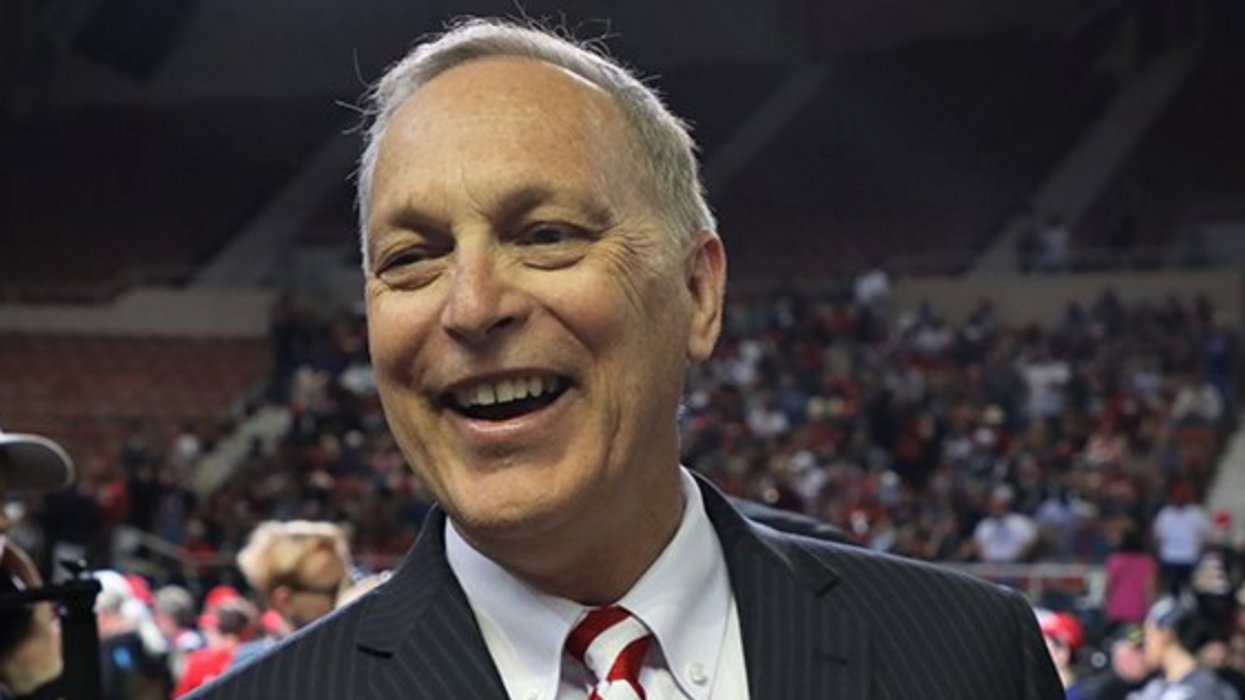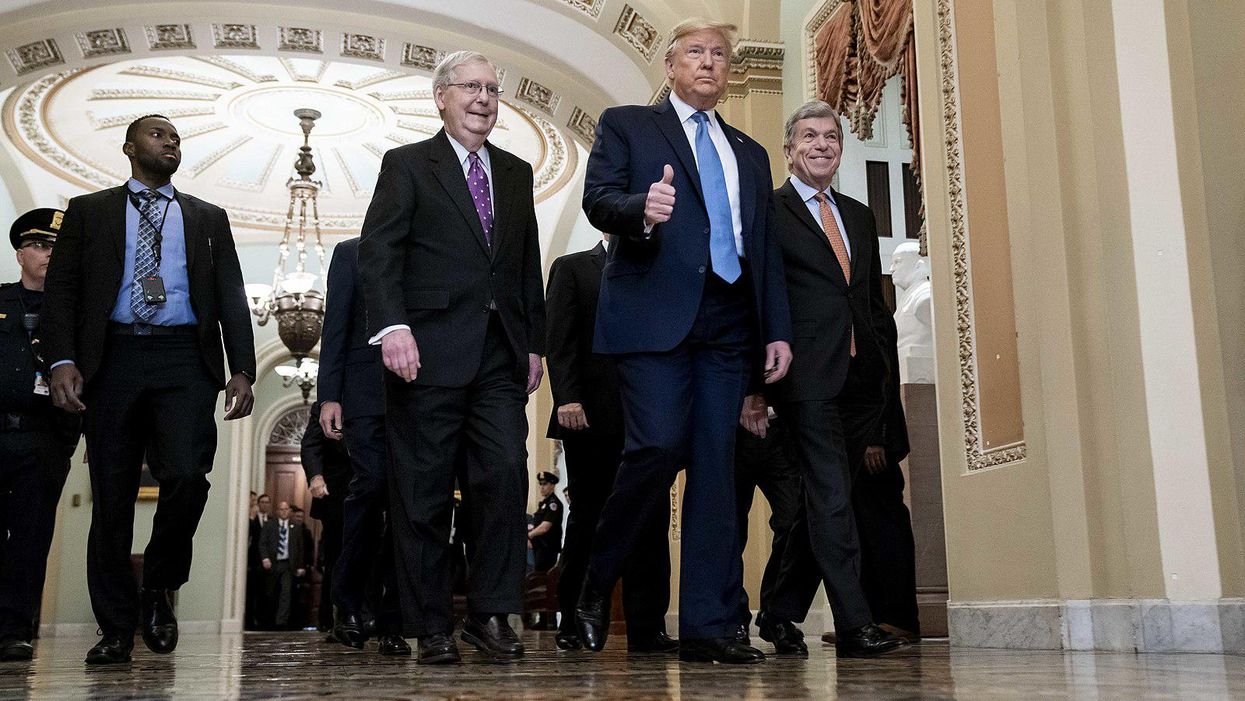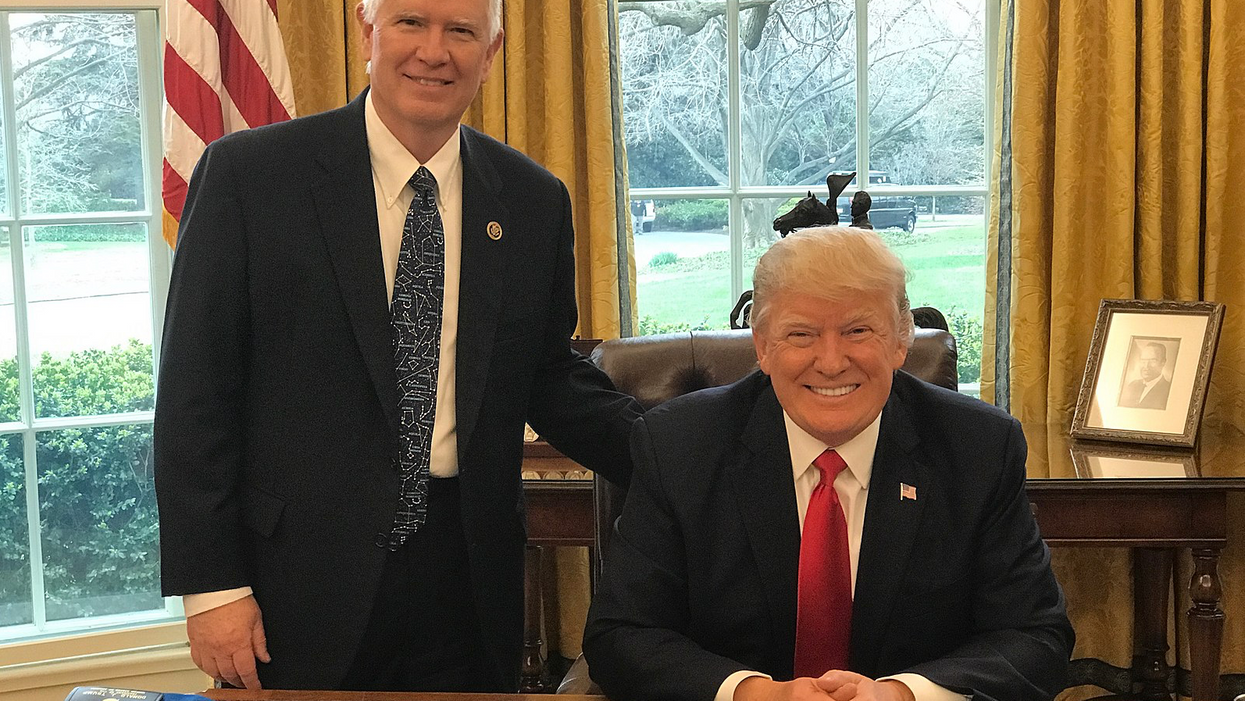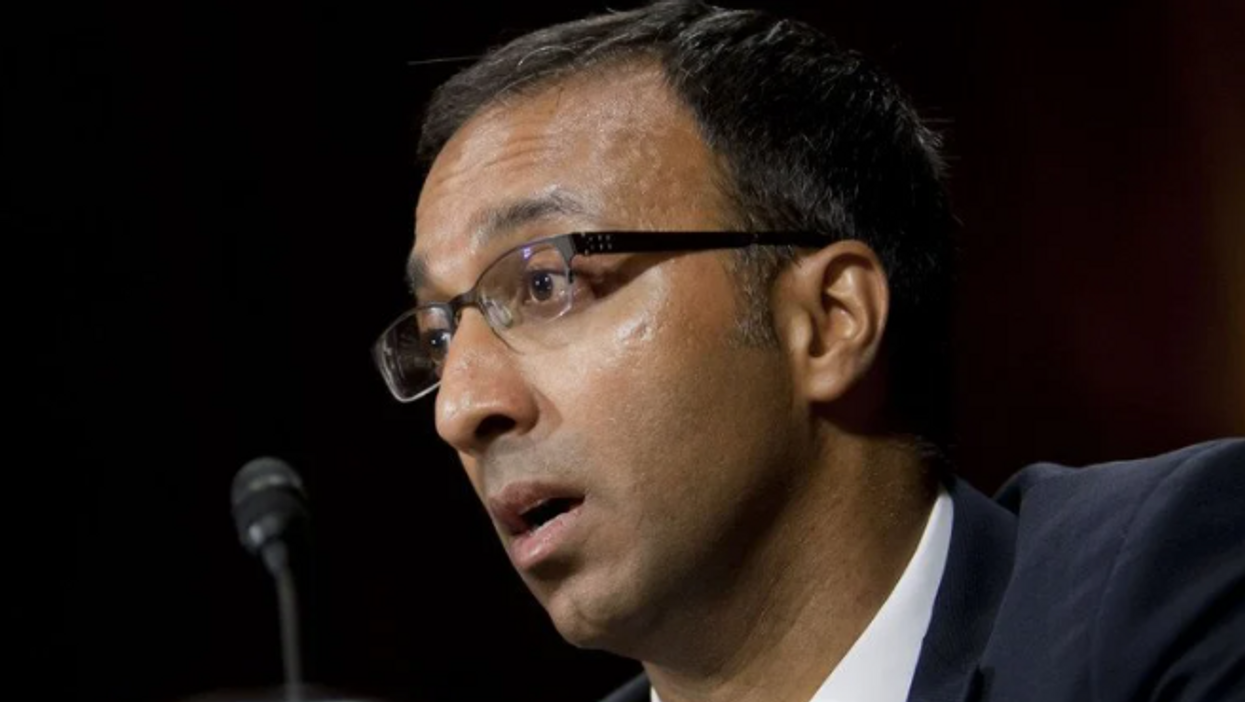House Select Committee May Issue Subpoenas To GOP Lawmakers
While GOP lawmakers cheer the conservative Supreme Court’s reported willingness to overturn Roe v Wade — the culmination of a decades-long Republican effort to rip women’s rights to shreds — a congressional panel’s tightening investigation into the January 6 insurrection is about to take a turn forceful enough to flip those conservative smiles upside down.
The House Select Committee, a bipartisan panel of lawmakers looking into the deadly Capitol attack, particularly the roles former President Trump and his allies played in inciting the mob, has signaled its willingness to compel GOP lawmakers to cooperate with its investigation by way of subpoenas.
Sources familiar with the select committee’s investigative and deliberative process have told news media outlets that the panel will make its decision on subpoenas in the coming weeks. The select committee is wrapping up its probe in preparation for its public hearings in June.
After trying and failing to divert Congress’ focus to the “violence and public property damage” of the racial justice protest of Summer 2020, Republican lawmakers denounced the congressional investigation into January 6 as a partisan political tool wielded against Trump and refused to cooperate, so the select committee siphoned information from the Republicans’ deputies and assistants, per Politico.
However, the coordinated effort by GOP lawmakers and top Trump allies to stonewall the select committee’s investigation has angered members of the select committee, veering their sentiments towards the near-unprecedented subpoena action, according to the Guardian.
The sentiment shift in the select committee was triggered by House Minority Leader Kevin McCarthy and other Republican lawmakers’ refusal to voluntarily appear for an interview and compounded by three Trump allies’ strikingly similar refusal to testify.
Having pierced through Trump’s inner circle’s secrecy by turning to Trumpworld staffers who often witnessed, or were briefed, on sensitive meetings, the select committee is increasingly unwilling to ignore some Republican members of Congress’ deep involvement with Trump’s unlawful campaign to subvert the 2020 presidential elections.
Last week, the select committee sent letters to three House Republicans — Reps. Andy Biggs (R-AZ), Mo Brooks (R-AL), and Ronny Jackson (R-TX), the former physician for the Trump White House — requesting their voluntary cooperation in its investigation, a glance into the lawmaker’s unorthodox connections with the Trump White House, as well as the far-right militia groups that attacked the Capitol on January 6, The Guardian is reporting.
In the letter to Jackson, for instance, the select committee cited “encrypted messages” obtained from the Oath Keepers about “provid[ing] you personally with security assistance.” The panel wished to uncover how the Trump-supporting militia group learned that Jackson had “critical data” to guard, per text messages unveiled in the House panel’s court filings.
Although the select committee is running out of options in its pursuit of accountability for the perpetrators who incited the pro-Trump mob to stall Congress’ certification of Joe Biden’s victory, its members are reluctant to resort to subpoenas, for fear that their colleagues would drag the panel into lengthy legal battles for its attempt to compel their testimonies.
However, sources on the select committee told the Guardian they’re confident some Republican congressional representatives will comply with subpoenas out of fear that Democrats would, in a similar fashion, defang future Republican subpoenas, should the party win back control of the House come November’s midterms.




